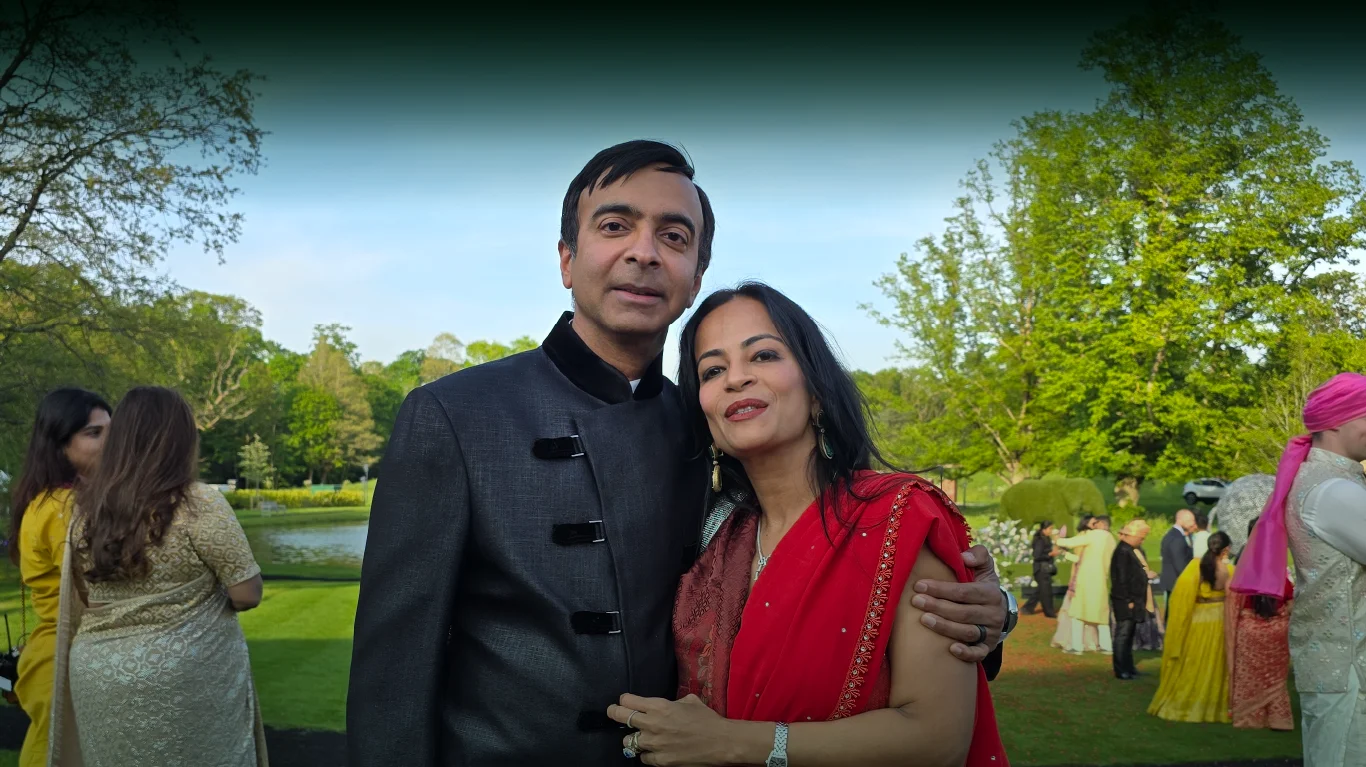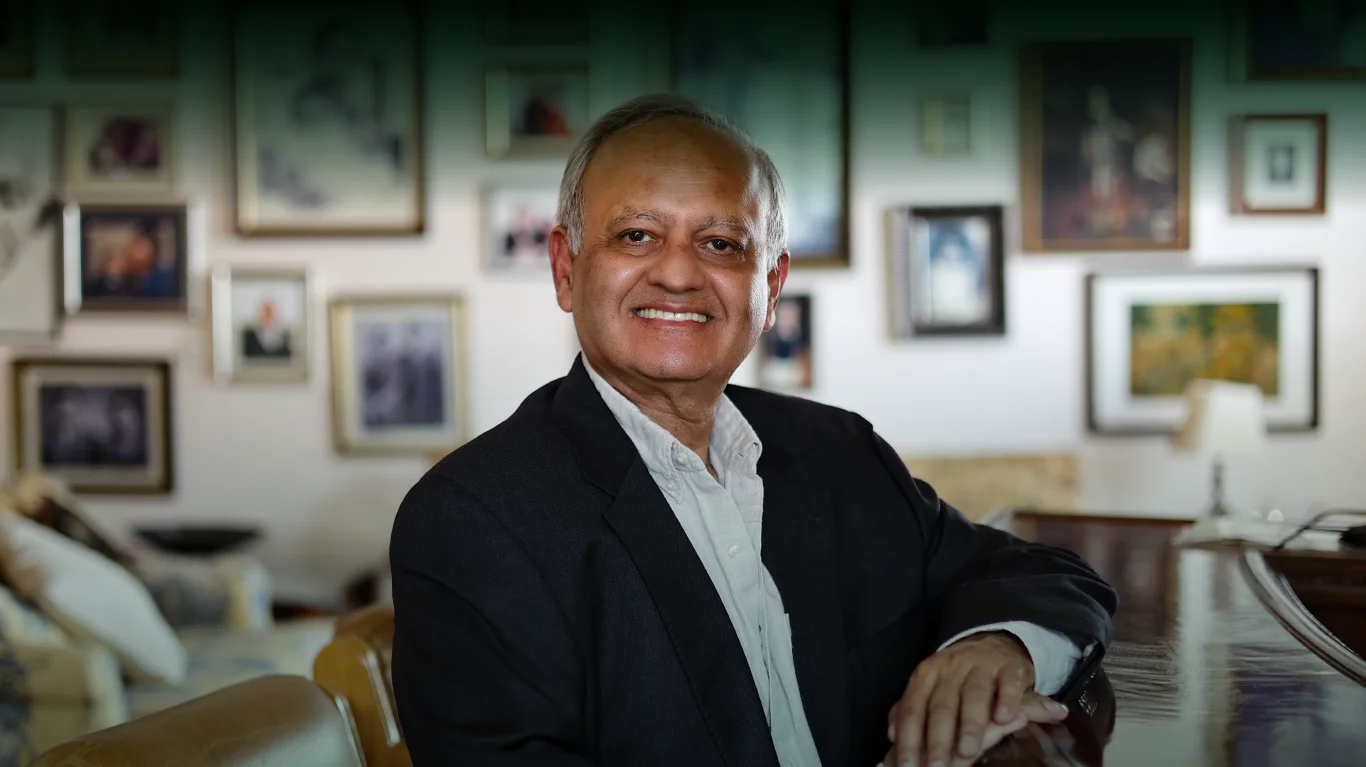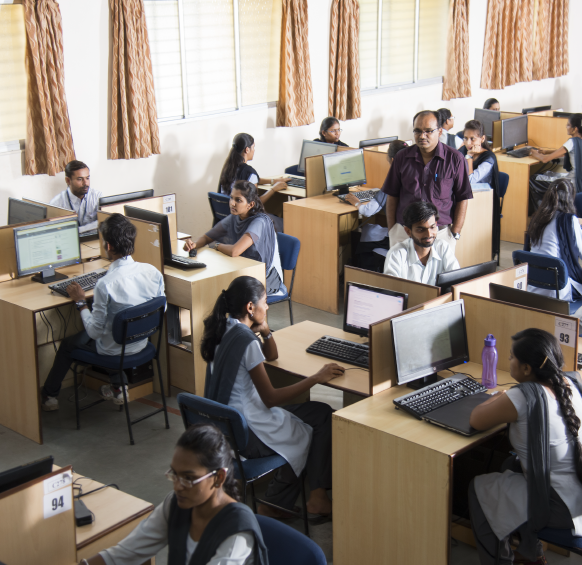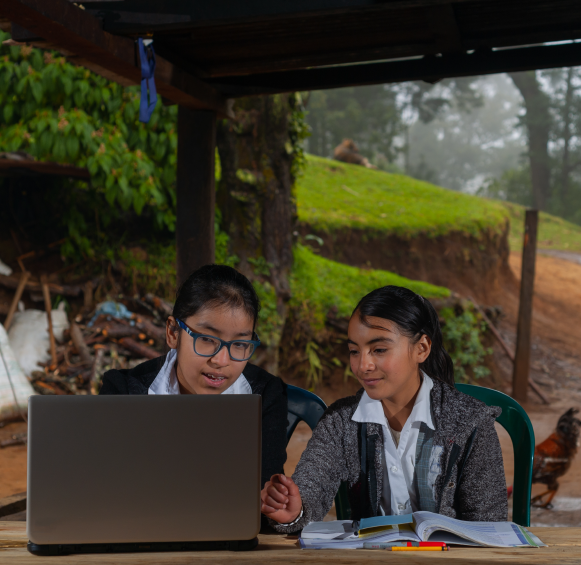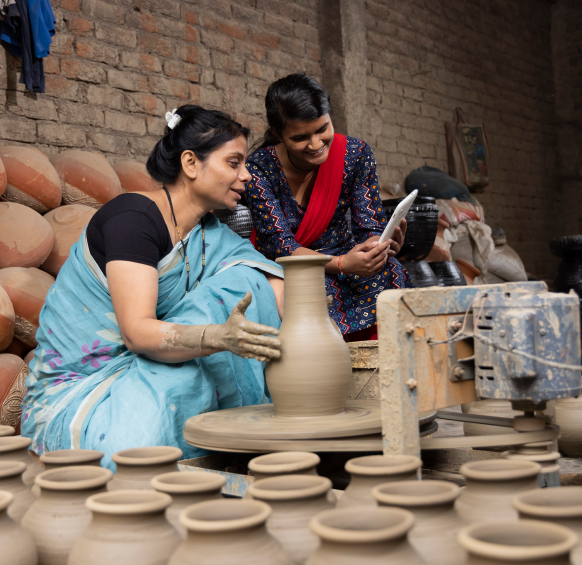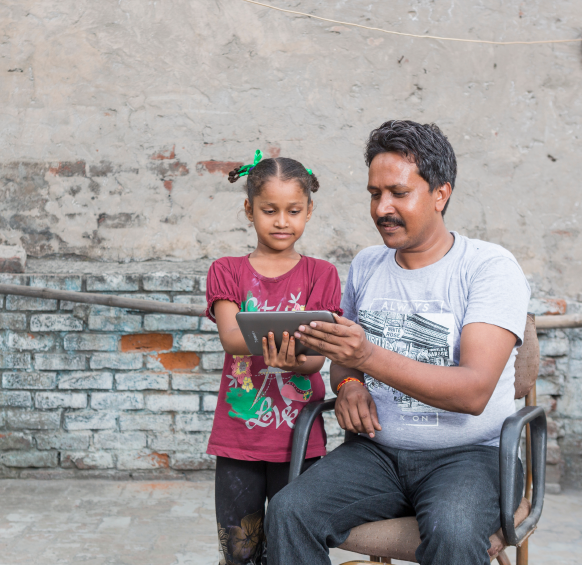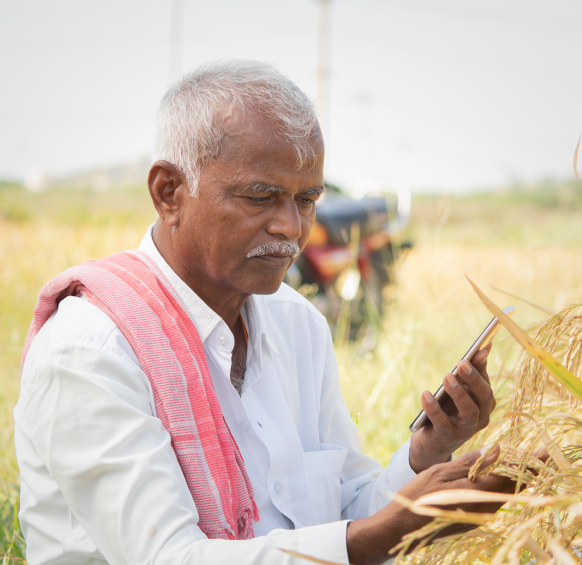Harnessing Technology to Build for the Public Good
In the early 1990s, Donald Lobo embarked on a journey that carried him from Mumbai to the dynamic landscape of the United States (US). This shift marked the beginning of his trajectory toward the vanguard of technological innovation. With a passion for computer science, he was an early entrant into Yahoo's founding team. These formative years laid the groundwork for Lobo's transition toward a life driven by purpose, setting the stage for his commitment to harnessing technology as a catalyst for meaningful social change.
As Lobo (fondly referred by everyone) navigated the tech landscape, his curiosity about the potential of technology for social impact grew. His philanthropic journey gained a structured dimension with the establishment of The Chintu Gudiya Foundation in the early 2000s. With its headquarters in San Francisco, this private family foundation initially supported US based NGOs and organizations developing open-source software for the public good.
Between 2003 and 2005, Lobo immersed himself in the nuances of the social sector in the US, collaborating closely with a local non-profit organization. The pivotal year of 2005 marked the crystallization of Lobo's vision, where the synergy between open-source technology and social impact took shape. This vision took tangible form as CiviCRM — an open-source initiative designed to provide tailored software solutions for non-profits and civic organizations. CiviCRM's journey as a web-based, adaptable CRM tool resonated across the globe, adopted by over 10,000 organizations and translated into multiple languages. However, its untapped potential in developing countries fuelled Lobo's commitment to focus more deeply on India.
In 2015, Lobo's decade-long journey with CiviCRM reached its conclusion, with CiviCRM transitioning into being a community-driven initiative. Yet, his ambitions transcended the realm of code and algorithms. Driven by an urge to comprehend India's social fabric at its core, he immersed himself in volunteer work along with his family. This path of volunteerism rekindled memories of the dynamic pulse he once witnessed in San Francisco's startup sphere. Reflecting on this, he shares, “The quality, depth, passion, and vision of NGO leaders in India was so inspiring.”
Crystallizing Efforts in Philanthropy
Lobo's commitment to grassroots involvement reverberates strongly. His philanthropic ethos is deeply rooted in direct engagement with NGOs, a value system wholeheartedly embraced by his family. His giving ethos echoes a simple truth: meaningful impact springs from a deep understanding of realities on the ground. Lobo's hands-on engagement with various NGOs through Dasra from 2015 to 2017 provided a steep learning curve, enriching his perspective and setting the course for his future initiatives.
Underscoring the critical role of harnessing technology to affect social change, Lobo elaborates, “Through my volunteering, I deepened my understanding of the problem at hand: In many developing nations like India, NGOs play a vital role in supplementing governmental services and addressing societal inequalities. However, a significant obstacle they face is the effective adoption of technology. Limited technical expertise, financial resources, and team capacity hinder their ability to develop or leverage technology solutions at scale.”
While leveraging technology remains pivotal, Lobo highlights the prevalence of misconceptions. He underscores, “Despite often being hailed as the solution, technology serves as an enabler, enhancing solutions but not intrinsically resolving underlying issues.”
In 2017, in an effort to respond to a series of pressing gaps faced by NGOs in effectively leveraging technology, Lobo founded Project Tech4Dev. Nurtured under The Chintu Gudiya Foundation and bolstered by the support of a dynamic consortium of 10+ funders, Tech4Dev 1.0, the learning phase as per Lobo, was launched in India. Lobo raised a substantial $3 million from friends and family, concretizing his aspirations. Tech4Dev aimed to bridge critical gaps faced by NGOs by enhancing technology and data strategies, promoting responsible data management, and cultivating in-house tech expertise.
Tech4Dev operates on a comprehensive model that encompasses various key elements. It focuses on creating or adopting open-source software platforms that aims to cater to “90% of the needs of 90% of the nonprofits” while using philanthropic funding for research and development. The initiative also hires experienced technology professionals and places them as “Fractional CxOs” within nonprofit partners. These tech professionals spend 6-9 months working closely with 1-2 NGOs, where they define technology and data strategies, facilitate talent acquisition, manage development processes, and establish efficient operational procedures. Regular workshops are conducted with NGO personnel to enhance their skills in using new tools, data analysis, and privacy considerations. Moreover, Tech4Dev fosters a strong community of practice, uniting professionals, NGOs, software firms, funders, and service providers through collaborative events and platforms for cross-learning and continuous improvement.

Donald Lobo and the Tech4Dev team in a technology sprint in Udaipur, Rajasthan
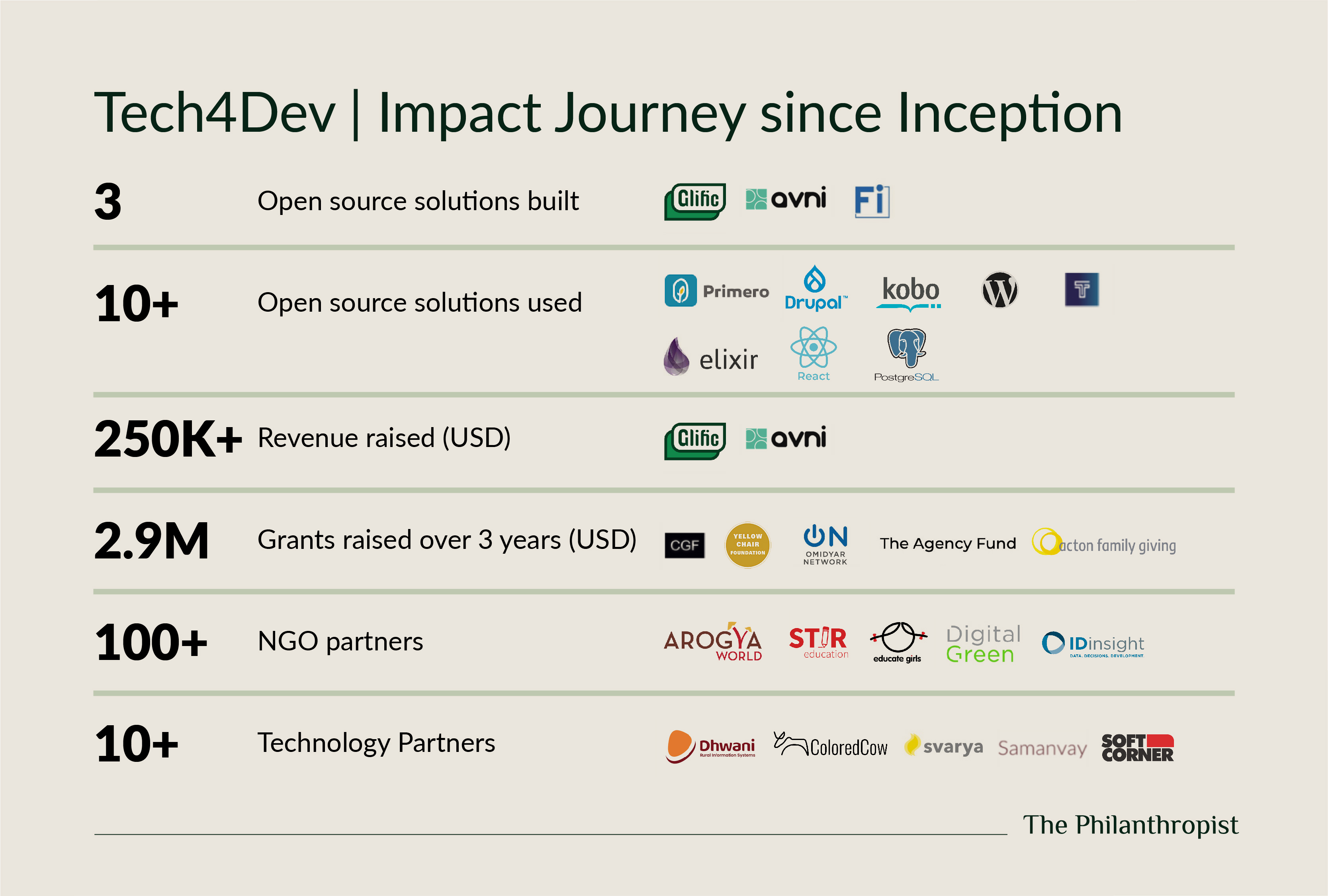
How Project Tech4Dev is enabling NGOs to harness the power of technology
Glific: A Case in Point
In the span of just three years since Tech4Dev's inception, the team confronted a new array of unforeseen challenges triggered by the pandemic. While the initial years were marked by the hurdles of persuading nonprofits to adopt technological solutions, the pandemic acted as a catalyst, propelling them into uncharted territories. Amidst the crisis, NGOs grappled with the dual challenges of sustaining their operations while also directly engaging with vulnerable communities, which was hindered by government norms around social distancing measures. In this context, the exploration of a technological solution emerged as both an opportunity and a necessity.
Given that a significant number of communities were equipped with mobile phones and were using WhatsApp for communication, the concept of Glific — a WhatsApp-based platform was conceived to address the communication gap between NGOs and communities. Glific is a platform designed to facilitate two-way communication. Its multifaceted capabilities encompassed seamless content distribution, fostering collaboration, and collecting valuable feedback. Thus far, Glific has enabled approximately 25 million conversations benefiting over 6,00,000 users across 80+ nonprofits working in various sectors such as education, civic engagement, health, and agriculture.
Lobo explains, “We've kept NGOs at the forefront of Glific’s product development. From day one, NGOs have actively shaped the product, ensuring its relevance within the social impact sector.”
Pallavi Khare, Co-Founder of WeUnlearn, affirms, “Glific enabled us to swiftly launch our two-way program cost-effectively, eliminating the necessity to build our own tech platform. We observed a 10-15% shift in gender attitudes among children.” She explains that when the program was run on different platforms like Facebook Messenger and websites before, it was difficult to evaluate its impact and reach a larger number of students. However, interacting with the children in person showed their excitement for the platform, which encouraged them to stay engaged with the bot.
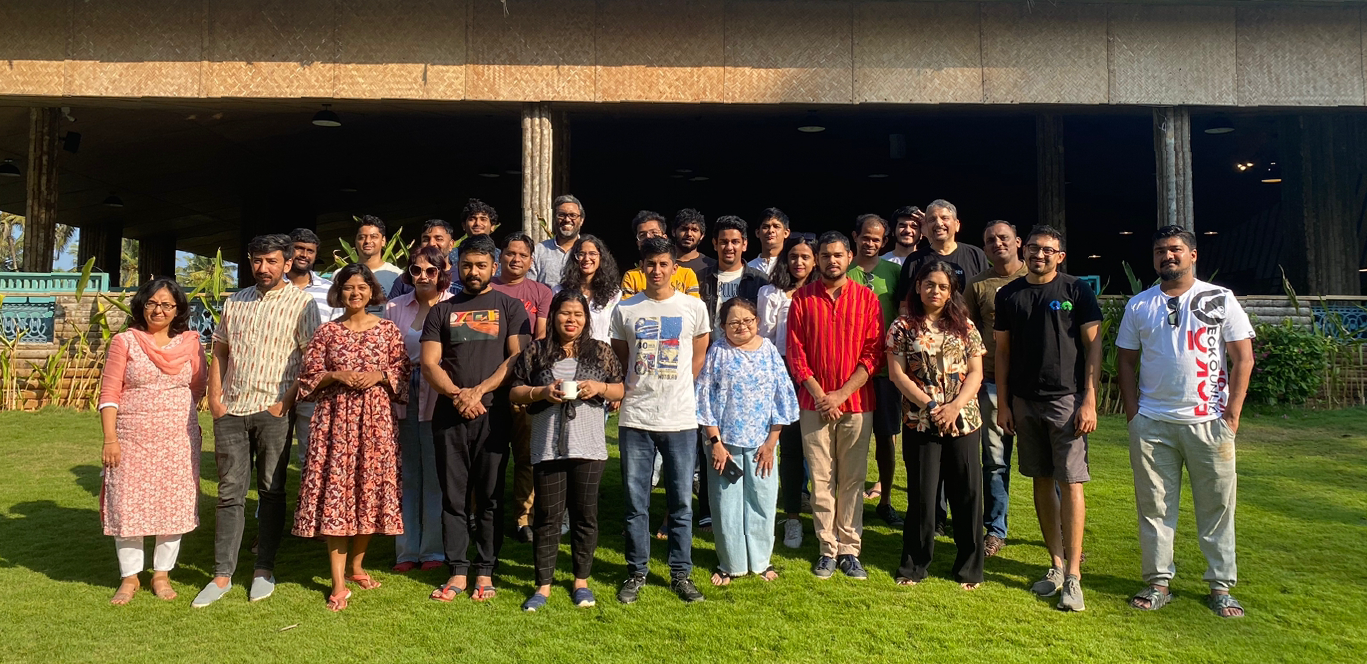
The Tech4Dev team at a organization wide retreat
Tech Innovations for Social Impact Towards India@100
Looking ahead to the future towards India@100, Lobo's aspirations for philanthropy and technology extend beyond solving isolated challenges for individual NGOs; he aspires to create solutions that benefit the entire social sector. The Chintu Gudiya Foundation's focus has now broadened to encompass various sectors in India, such as sanitation, health, education, adolescent empowerment, children's sports, and more philanthropic endeavors. As for Project Tech4Dev, which has its roots firmly planted in India, Lobo envisions its global expansion to Latin America and Africa, embracing a taking "India to the World" approach. This strategy aims to cultivate a robust global market for Tech4Dev's platforms, expanding their impact on a worldwide scale.In the next 3-5 years, Tech4Dev's vision revolves around fostering an ecosystem of open-source platforms and services that prioritize responsible technology deployment. This roadmap involves refining existing platforms like Glific and Avni while prioritizing compliance with global and Indian data security standards and industry best practices. They’re also committed to fortifying ongoing initiatives such as the Fractional Chief Technology Officers initiative and the recently piloted Women-in-Tech initiative which aims to narrow the gender gap in technology, offering mentorship, skill enhancement, and active participation to women engineers and designers. Through these strategic initiatives, Tech4Dev aspires to amplify the positive potential of technology and foster a collaborative, inclusive ecosystem to empower NGOs.
Reflecting on his journey, Lobo's learnings for philanthropists looking to enter the sector carries a powerful message, "Take a step back from your immediate focus areas and consider the bigger picture. Explore areas that are unfamiliar to you. Immerse yourself in reading and conversations with a diverse range of people. You don't have to jump into funding right away, but this process will broaden your horizons. The more you learn, the more you realize how much there is to discover."
As we set our course towards India@100, Lobo emphasizes the need to reshape funding approaches. He stresses that support should extend beyond successful ventures, reaching those who have faced setbacks and providing the critical push they need. Moreover, he highlights the importance of uniting NGOs in India through collaborative dialogue, shifting the power dynamics to allow NGOs to take the lead in decision-making, and for the sector to move away from the traditional funder-driven model.
Inspired thinking presented by

YOU MAY ALSO LIKE
